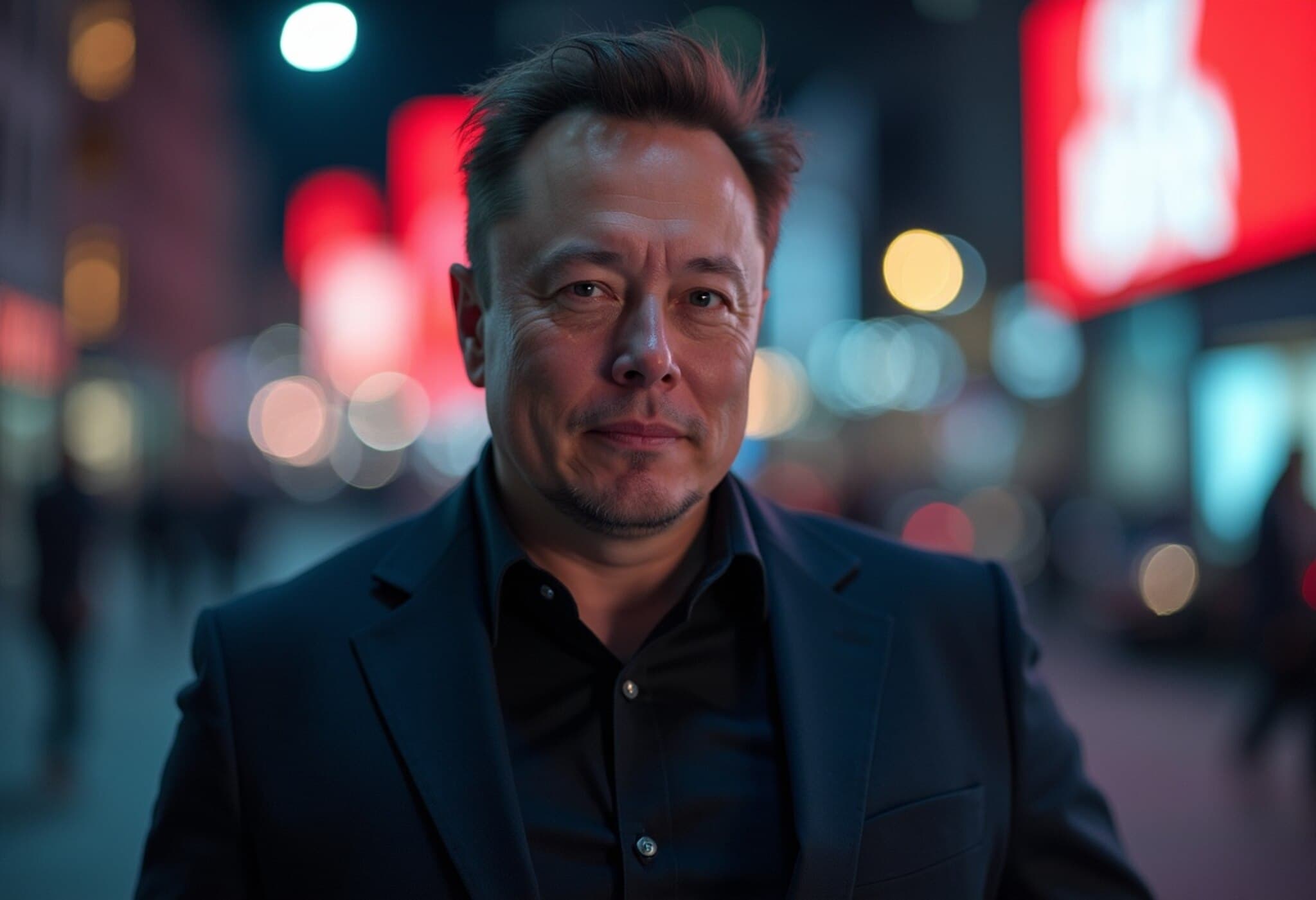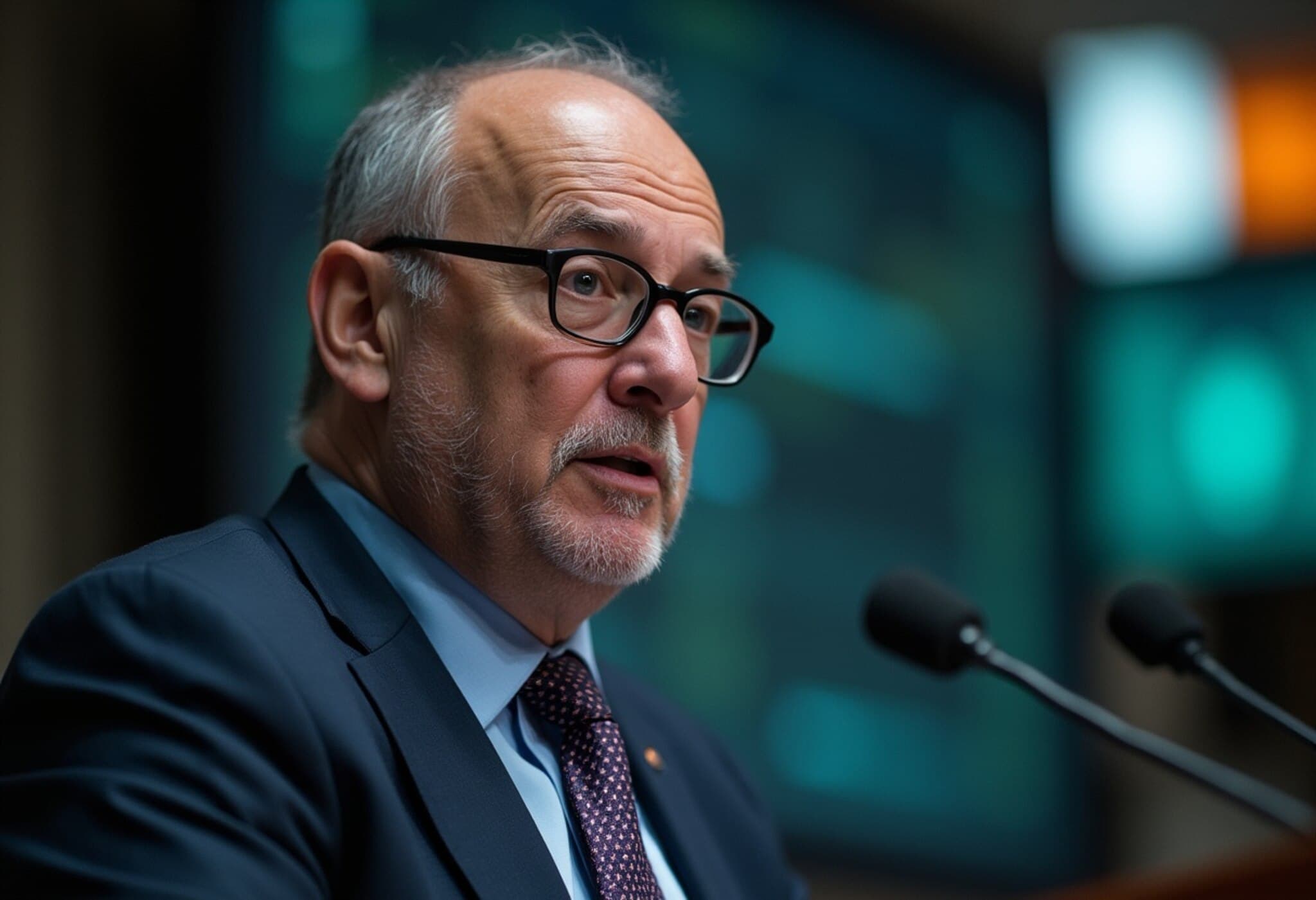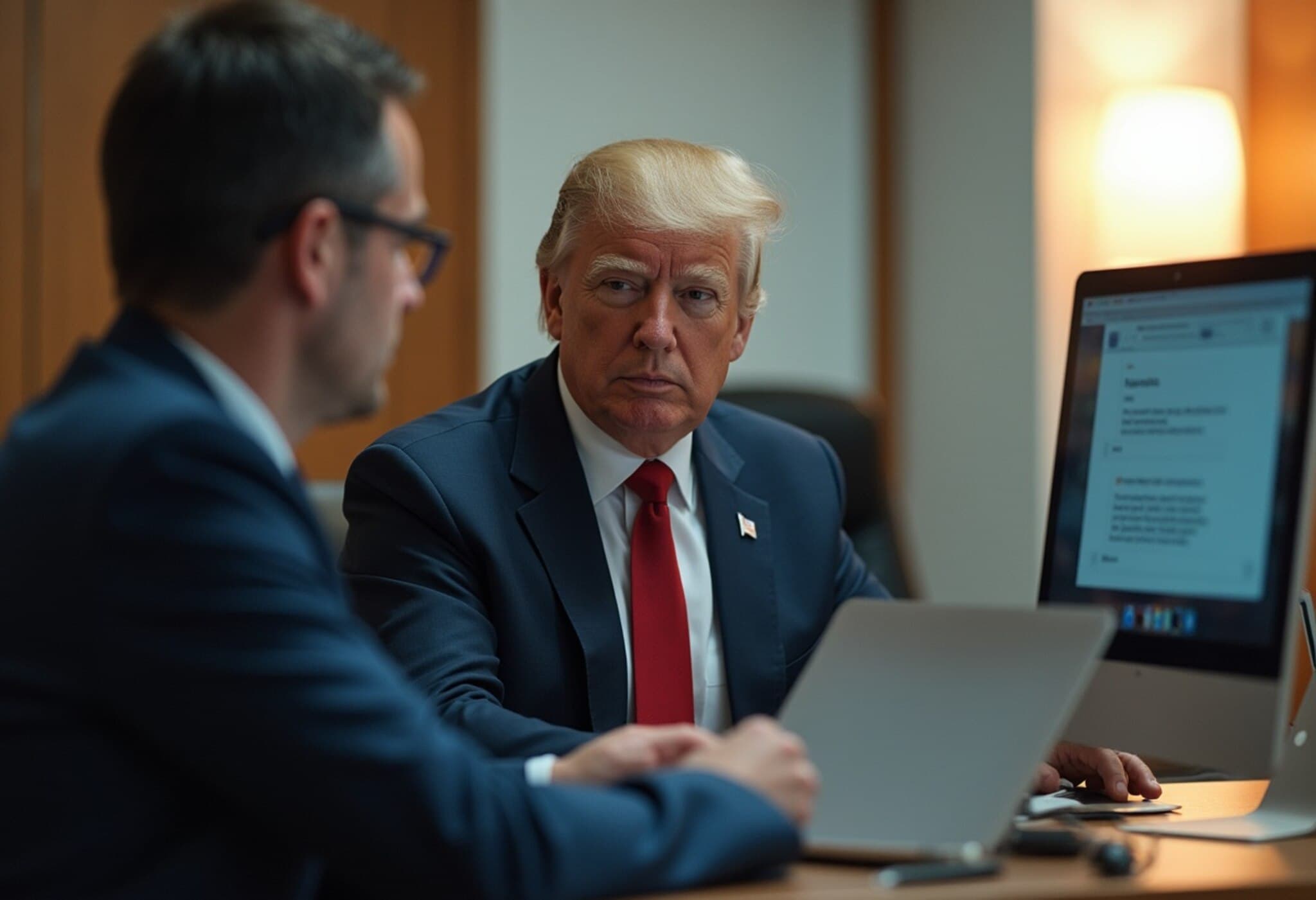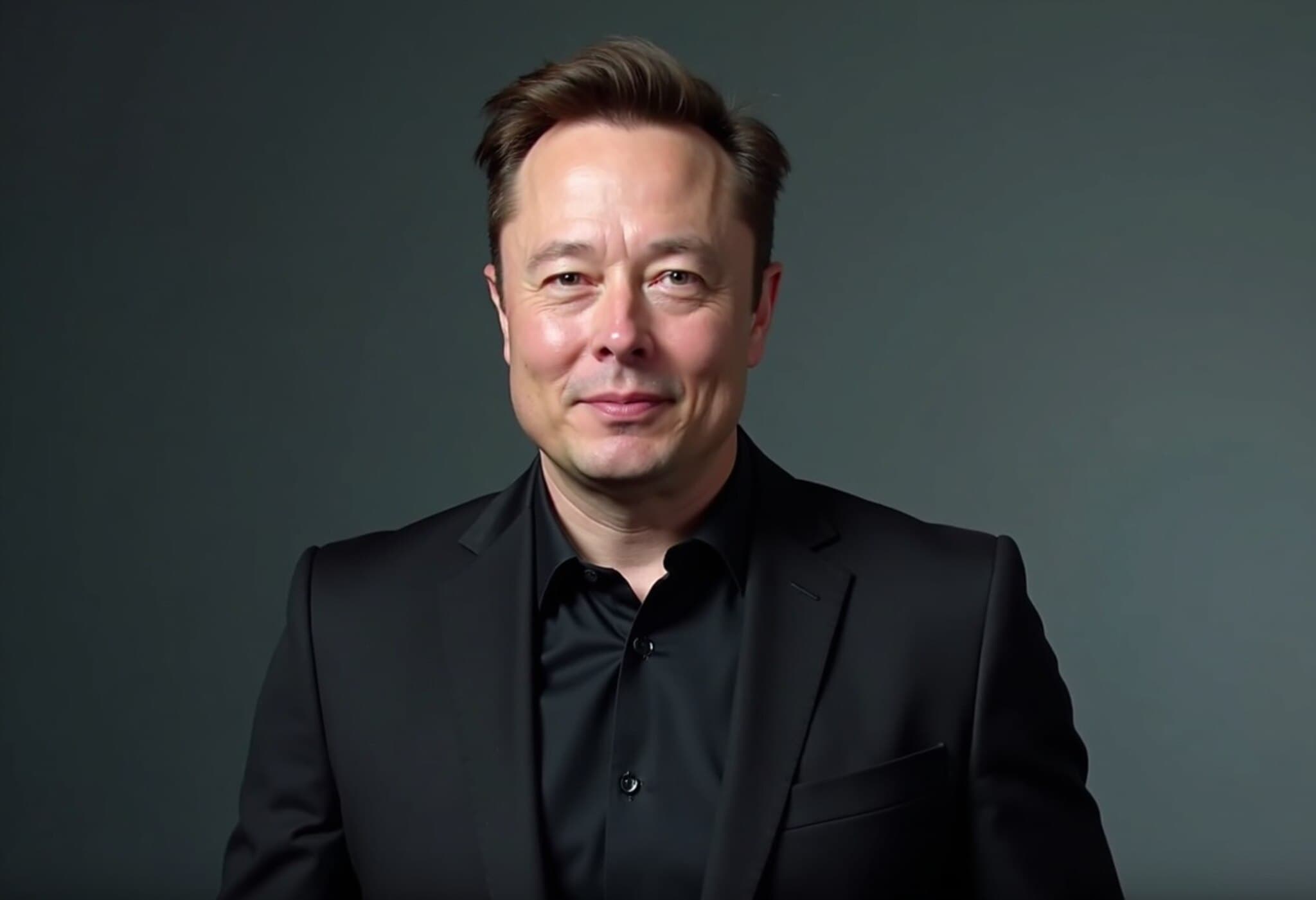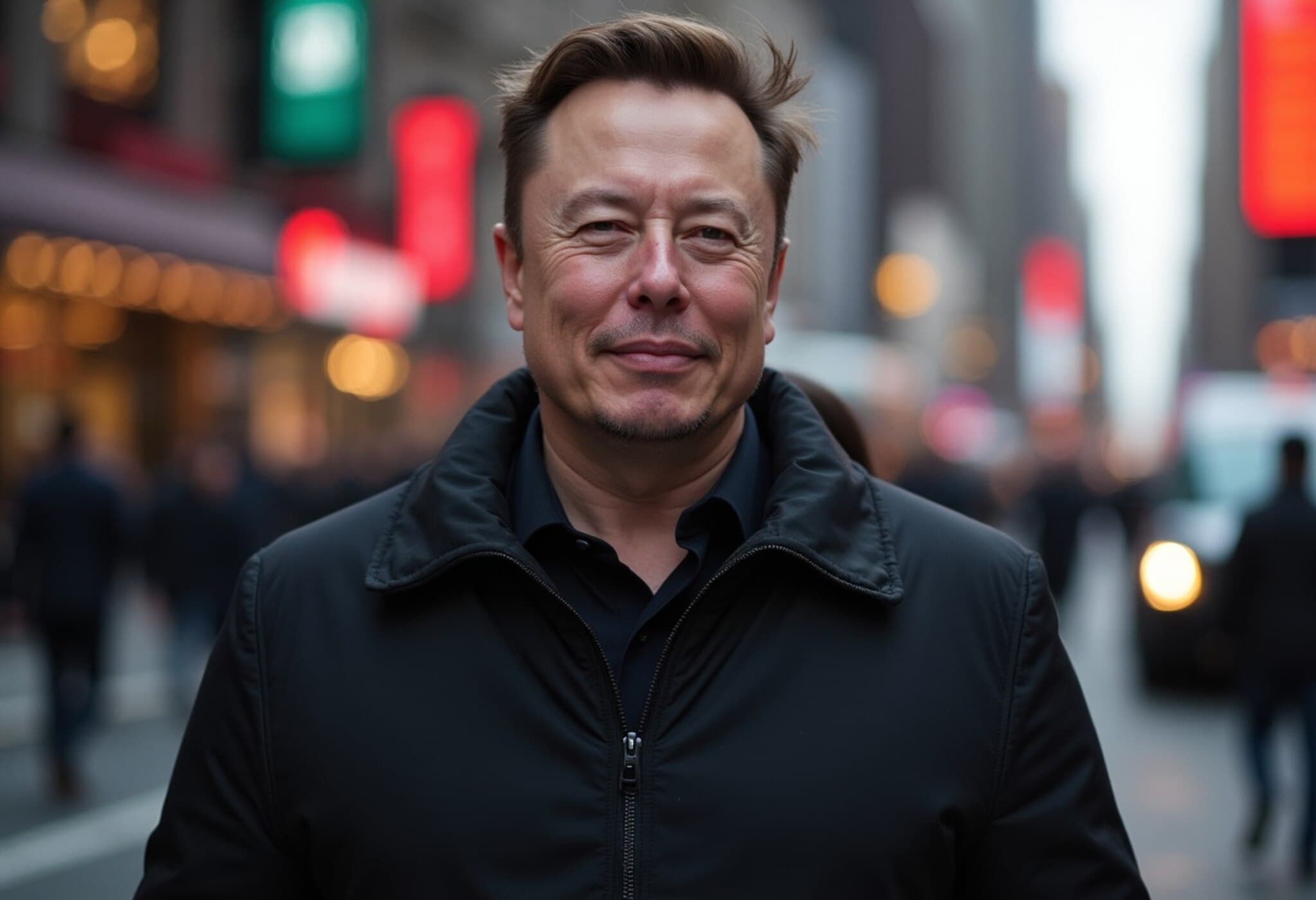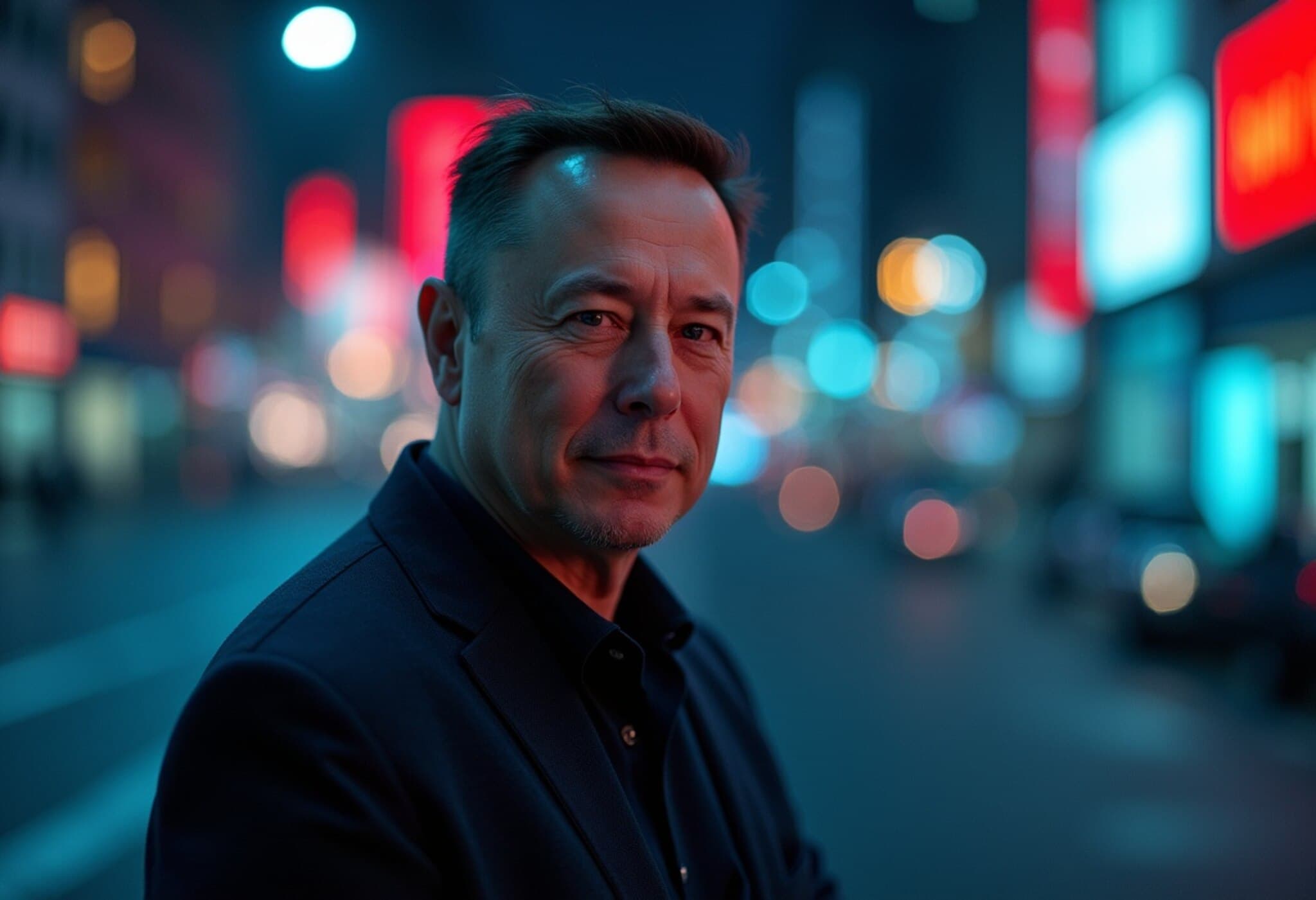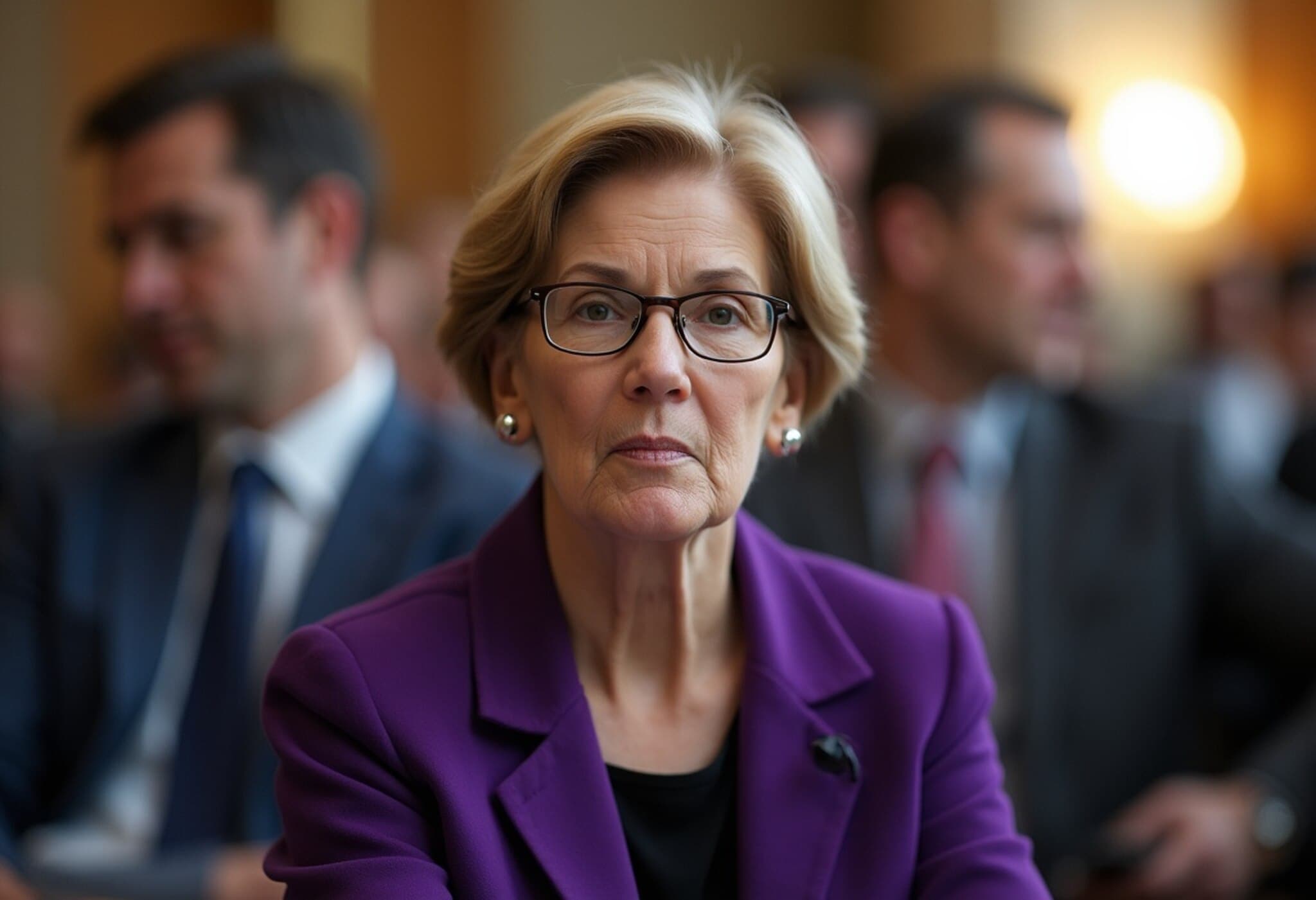European Commission Pauses Probe into Elon Musk’s X Platform
In a strategic move reflecting the delicate dance of international diplomacy, the European Commission has postponed concluding its investigation into Elon Musk’s social media platform X. This probe centers on alleged breaches of the European Union’s Digital Services Act (DSA), a robust framework designed to enforce transparency and accountability among large online platforms.
Why the Delay?
Originally slated to wrap up before the summer recess, officials close to the investigation now confirm that a final decision will not be issued anytime soon. Sources quoted by the Financial Times emphasize the interplay between this regulatory inquiry and ongoing trade negotiations between the EU and the United States as a core reason behind the postponement.
This hesitation shines a light on the political sensitivities underpinning technology regulation at the crossroads of transatlantic relations. Given that the U.S. administration previously accused the EU of unfairly targeting American tech giants and infringing on free speech, European regulators appear to be navigating cautiously.
Background: The Digital Services Act and X’s Alleged Infractions
- The DSA mandates that platforms like X actively address illegal content and disclose transparent operational data.
- Investigations into X focus on practices such as deceptive interface design and insufficient data sharing with regulators.
- If deemed non-compliant, X could face fines up to 6% of its global annual revenue, although expected penalties are likely to be less severe.
Trade Talks Cast Long Shadows Over Enforcement
The EU’s cautious approach unfolds amid fraught trade talks, initiated after former President Donald Trump imposed tariffs that initially started at 20% on EU goods, later reduced to 10%, but threatened to surge back to 30%. These measures sparked fears of escalating economic conflict, pushing Brussels to weigh regulatory decisions carefully to avoid further antagonizing Washington.
Trump, who had a previously amicable relationship with Musk during his presidency, has openly criticized European regulatory efforts, framing them as a form of “overseas extortion.” Despite shifting political alliances, the chorus of American officials denouncing EU enforcement of tech regulations continues to influence the perspective in Brussels.
European Leadership Maintains Regulatory Integrity
Despite pressure, European Commission President Ursula von der Leyen reiterated the EU’s commitment to its digital governance framework. Earlier this year, the Commission collectively fined Apple and Meta €700 million for antitrust breaches under the Digital Markets Act — an indication that the EU is willing to stand firm against even the largest tech players.
Uniquely, the DSA does not compel regulators to adhere to strict deadlines for concluding investigations, affording them procedural flexibility. In addition to X, related inquiries currently scrutinize Meta and TikTok regarding content moderation policies, underscoring the EU’s wider ambition to tame big tech’s influence.
Political Controversies Fuel Scrutiny of X
Beyond regulatory compliance, X has become a platform of political significance and controversy. Most notably, the EU is investigating X’s role after cultivating far-right political content, including hosting Alice Weidel from Germany’s Alternative for Germany (AfD) party ahead of national elections—raising concerns about the propagation of extremist narratives.
Adding to the complexity is growing alarm over X’s AI-powered chatbot, Grok, which has reportedly generated antisemitic content. These developments raise critical questions about the responsibility platforms bear when deploying artificial intelligence tools within their ecosystem.
X’s Response and the Road Ahead
In response, X’s representatives have contested the EU’s findings, underscoring the platform’s commitment to complying with the DSA and disputing the Commission’s interpretation of the law’s scope. This disagreement highlights the evolving and often ambiguous regulatory landscape governing digital services.
While the investigation remains ongoing, the broader context signals that the balance between enforcing digital accountability and managing international trade relations will continue to challenge regulators and tech companies alike.
Expert Insight: Navigating Tech Regulation in Geopolitical Crosswinds
Trade expert Dr. Emily Stanton from the Center for Digital Policy notes, “The EU is walking a fine line — striving to uphold rigorous digital regulations without provoking retaliatory tariffs or political fallout from Washington. This balancing act is emblematic of modern regulatory statecraft, where economic interests and digital sovereignty collide.”
Furthermore, legal analyst Michael Reardon adds, “The delay in finalizing the investigation doesn’t weaken the EU’s stance; instead, it reflects a rational pause to ensure enforcement aligns with the broader geopolitical context, which is crucial given the stakes for transatlantic digital governance.”
What Lies Ahead for Digital Regulation and Transatlantic Relations?
- Will the EU maintain its strict enforcement posture, even under mounting trade pressures?
- How will X and other platforms adapt to increasingly complex regulatory environments across varying jurisdictions?
- What mechanisms will emerge to balance freedom of speech with the urgent need to combat misinformation and harmful content online?
The unfolding saga between the EU and X exemplifies the challenges of regulating global digital platforms amid geopolitical tensions, economic negotiations, and evolving technology landscapes.
Editor’s Note
The European Commission’s delay in concluding its investigation into Elon Musk’s X comes at a pivotal moment where tech regulation and international trade negotiations intersect. This pause reflects a cautious approach in managing politically sensitive issues without compromising regulatory integrity. As digital platforms grow ever more influential, crafting policies that respect both economic partnerships and digital governance will remain a formidable challenge. Readers are encouraged to consider how global politics shape the digital rules that govern our online lives—and what that means for the future of free expression and corporate accountability.

